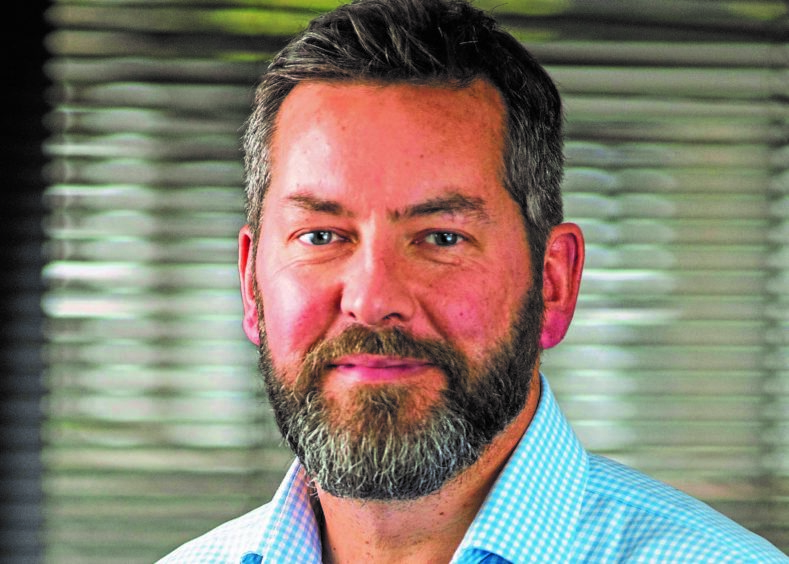
It is apparent that Gulf Cooperation Council (GCC) countries have initiated a “crew change” where experienced, long-term expat leaders are to be replaced by the next generation of ideally locally developed talent with the skills and experience to step into their shoes.
This change is driven partly by the recent challenging economics within the oil and gas sector but largely by the localisation strategies of the major players in the region.
As an example, Saudi Arabia’s in-kingdom total value add programme seeks 70% localisation by 2021, a broad and wide ranging initiative with ramifications across the country’s supply chain, not least in the targeting of a largely “local” workforce.
ADNOC’s similarly targeted in-country value programme seeks “the development of UAE nationals”.
The oil and gas expat community across the GCC has felt the impact of these factors with an increasing number, generally reluctantly, leaving the region as a result of cost cutting and evolving manpower strategies. Those who have sought to remain report a lack of opportunity, particularly at a senior level, and an unwillingness among prospective employers to support a fully financed expat lifestyle.
As with the much discussed global crew change witnessed by the oil and gas industry in recent times driven by an ageing workforce, tension occurs when the next generation of workers don’t have the skills and experience needed to step up. This is further compounded by the challenges the industry continues to face in attracting new talent.
The GCC market has been a key element of FWB Park Brown’s growth over the last few years and we have witnessed the effects of the changes this article highlights. Our clients, both international firms and local entities, now place a far greater emphasis on seeking Arabic-speaking candidates for leadership roles both to enhance localisation compliance but also in the belief that it is clearly beneficial to make more culturally attuned and potentially longer-term appointments in the region.
Insightful companies are implementing proactive succession strategies where local candidates with the potential to assume senior leadership roles are being sought and will, over time, assume the responsibilities of the role traditionally held by an experienced expat. However, these candidates are in short supply and in high demand.
There are many initiatives under way to develop the skills and capability but these will have limited short term impact.
We can attest to the fact that identifying and attracting the candidates our clients seek requires focused research, targeted and credible approaches, and comprehensive assessment to ensure our client understands the proposition prospective candidates offer in the context of both the role being fulfilled and the aspirations of the company.
Despite its current challenges and future aspirations to develop and retain further value within the region, the GCC will undoubtedly remain a strategically important energy market for the long term. To achieve sustained success, we believe the region will still require a pragmatic balance of experienced expat and locally-developed leadership for the foreseeable future.
Stuart Cochrane is a director at FWB Park Brown
Recommended for you
